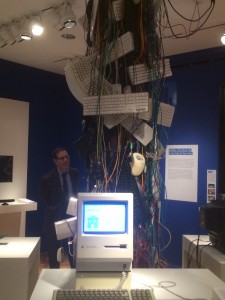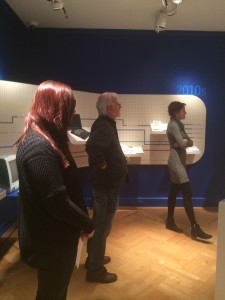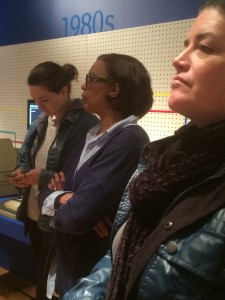(New) Public Goods: Design, Aesthetics and Politics. Oct, 3 @ 9:30am
Parsons the New School for Design and the School of Design Strategies invites you to the 2013 Stephan Weiss Lecture Series:
(New) Public Goods: Design, Aesthetics and Politics
A conversation curated by Eduardo Staszowski, Vyjayanthi Rao, Scott Brown and Virginia Tassinari.
Thursday, October 3
9:30am-12:30pm
Location: Theresa Lang Community and Student Center, Arnhold Hall
The New School, 55 West 13th Street, 2nd Floor, New York
This Fall’s Stephan Weiss Lecture considers the import of design practices concerned with the production and distribution of public goods, including public services and utilities, public policy, government institutions, and other organizations working within the public realm or subjected to broad public scrutiny. Increasingly, the focus of design is shifting from questions of form to questions of transformation. The Weiss Lecture will explore the challenges these design practices pose to the relationship between institutional infrastructure and regulative norms, as well as to emerging forms of commons and community. Configured as a Design Strategies Dialogue, this event brings together five leading figures from the world of design and the social sciences, alongside discussants Clive Dilnot, Victoria Hattam and Jamer Hunt:
PELLE EHN: Professor at Malmö University’s School of Arts and Communication
MARIA HELLSTRÖM REIMER: Professor at Malmö University School of Arts and Communication and Director of Studies for the Swedish Faculty for Design Research and Research Education
CARL DISALVO: Associate Professor in the Digital Media program in the School of Literature, Media, and Communication at the Georgia Institute of Technology
JOAN GREENBAUM: Professor Emerita at City University of New York and the New Media Lab at the CUNY Graduate Center
KEITH MURPHY: Assistant Professor of Anthropology at University of California Irvine.
With Discussants: Clive Dilnot, Victoria Hattam and Jamer Hunt







